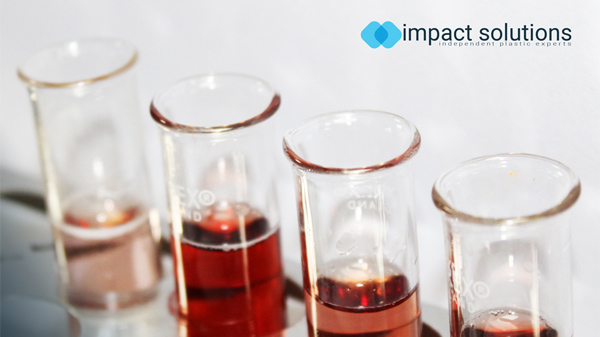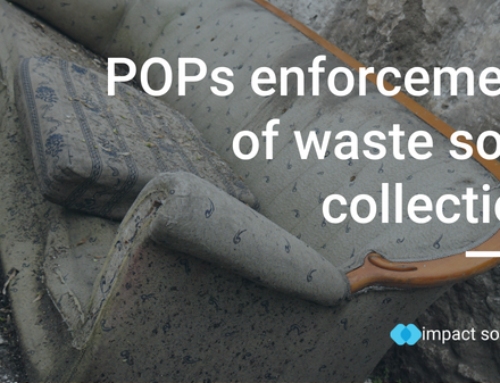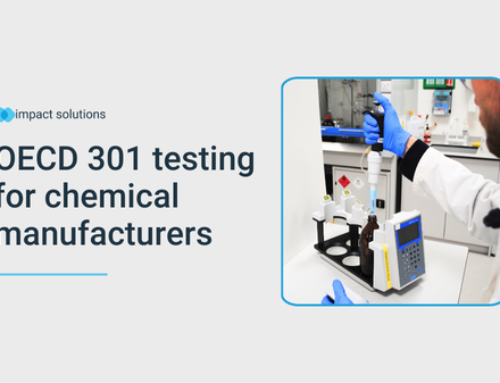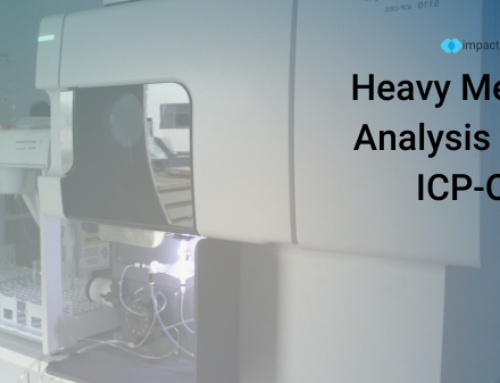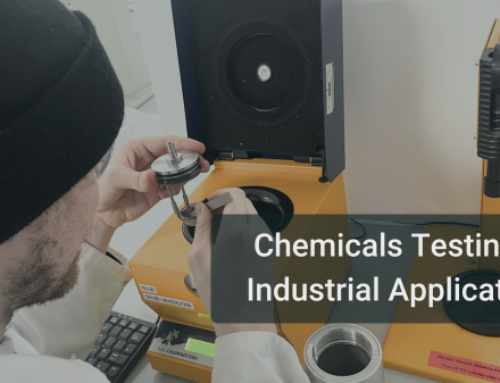What is oil analysis?
Oil analysis is a test that is used to identify toxic chemicals and heavy metals present in oil.
Why is oil analysis needed?
In the shipbuilding industry, there is often a need for oil analysis. There are many reasons for this, such as the fact that oil in engines can be an indicator to how we tell how well a part is working or if parts are still fit for purpose. If the oil comes back with heavy metals, the metals may be leeching from the motor parts and can be an indicator of which part needs replacing. Heavy metals that could be present can include cadmium, lead, mercury and other harmful metals. This helps with quality control and ensuring that a vessel is capable from a safety point. Contamination can also cause additional wear to a product if left unchecked, hence the need for toxicity in oil analysis.
Similarly, oil analysis is also needed in both the agriculture and electrical grid industries. Agriculture is a competitive market and one way that companies can surpass their competitors is predictive maintenance, a technique used to distinguish the quality of components in a machine through analysis of its lubricant (oil) and conditioning monitoring, where the engine oil will be analysed for additives, which may increase the probability of failure. Oil can degrade due to a number of factors, including; colourants, high temperatures, oxidation, exhaust gases, etc. Worn out components may contaminate the oil, which leads to lower quality lubricant, with the possibility of issues.
How is oil analysed through use of ICP-OES?
Oil is analysed through the use of an ICP-OES (Inductively Coupled Plasma – Optical Emission Spectroscopy). This is an accurate way to test for toxic chemicals and heavy metals. An ICP-OES identifies and quantifies the chemicals or heavy metals present within a sample (such as oil). It does this through the use of a spray chamber, where the sample is turned into a spray, then fed into ionised argon gas, which ionizes the elements that we are looking for. This is later seen on a graph of results which is then compared to a known reference for identification. For a more in-depth explanation of how the ICP-OES click here.
Impact Solutions can carry out oil analysis within our analytical lab. For more information, contact a member of our team today!
Head to our Facebook, Twitter and LinkedIn to learn more about our testing capabilities.

